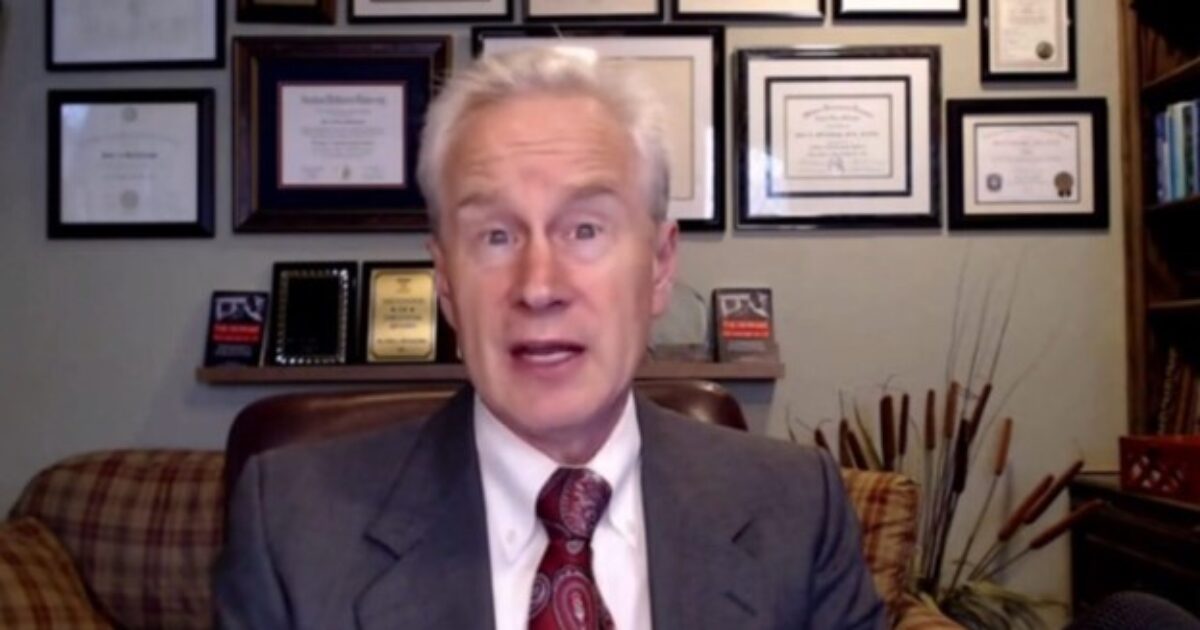Zohran Mamdani’s ascent to the mayoralty of New York City represents a seismic shift in American politics, a victory for the far-left unlike any seen since Alexandria Ocasio-Cortez’s stunning win years before. It’s a moment that exposes a deepening fracture within the Democratic Party, a clear line drawn between those embracing socialist ideals and those clinging to more moderate ground.
Mamdani’s campaign wasn’t built on incremental change; it was a bold declaration of sweeping reforms. He promised rent freezes, universal childcare, city-run grocery stores, fare-free public transit, and substantial tax increases for corporations and the wealthy. His vision resonated with a coalition of young voters, immigrants, and activists, all seeking a champion for New York’s working class.
At the heart of his platform lies a fundamental redefinition of rights, a concept that sparks intense debate. While advocating for expanded protections, particularly for undocumented immigrants, critics point to the reliance on taxpayer funds to support benefits not traditionally considered legal entitlements.

The proposals are ambitious, undeniably transformative. Universal childcare for the youngest children, rent stabilization extended indefinitely, a completely free public transit system, and a dramatic hike in the minimum wage – all funded by increased taxes and a significantly higher corporate rate. This isn’t simply reform; it’s a reimagining of the city’s economic foundation.
This vision extends beyond economics, aiming to reshape New York into a “global city” prioritizing identity politics over traditional American values. Opponents argue this approach erodes business confidence, challenges national sovereignty, and ultimately compromises public safety.
A particularly controversial aspect of Mamdani’s philosophy is his stance on crime. He’s publicly questioned the very definition of “violent crime,” suggesting it’s an artificial construct used by the state, even applying the label to non-violent offenses occurring within a dwelling. This perspective aligns with a broader movement seeking to dismantle traditional law enforcement structures.
His alignment with the Democratic Socialists of America reveals a desire to “pressure, reduce, and abolish” prisons, viewing them as tools of class warfare. Proposals to decriminalize minor offenses – theft under $1,000, drug possession, even unarmed assault – have fueled concerns about a weakening of law and order.
The planned closure of Rikers Island, a long-debated issue, is championed by groups opposing any new detention facilities. However, a disturbing trend is emerging: a decline not in actual crime, but in its reporting and prosecution. Crimes are being downgraded, reclassified, creating a distorted picture of safety.
Despite official reports suggesting a decline in major felonies, the reality on the ground paints a different picture. The overall crime rate remains significantly higher than pre-pandemic levels, with felony assaults surging and other crimes experiencing alarming increases. New York City’s reporting methods further obscure the true extent of the problem.
Much of this shift is attributed to the policies of Manhattan District Attorney Alvin Bragg, who has dramatically reduced felony charges to misdemeanors. His conviction rates have plummeted, raising questions about the effectiveness of the justice system and the consequences for victims.
Bragg’s “Day One” memo instructed prosecutors to avoid charging certain crimes and to downgrade even armed robberies. The result is a system where serious offenses are treated with leniency, creating a false sense of security while leaving victims feeling abandoned.
This leniency has a chilling effect. Victims, knowing that offenders are likely to face minimal consequences, are increasingly reluctant to report crimes. Business owners are losing faith in the police and the prosecution, fearing that their concerns will be ignored.
Beyond domestic policy, Mamdani’s views on international affairs have drawn intense scrutiny. His outspoken support for Palestine, his past arrest at a protest, and his refusal to condemn controversial slogans have sparked accusations of anti-Semitism and divisiveness.
His campaign skillfully leveraged social media, reaching millions through platforms like TikTok and Instagram, successfully mobilizing a new generation of progressive voters. His victory marks a historic moment, making him the first Muslim and South Asian mayor of New York City.
The ripples of this political shift are already being felt beyond New York. In Minneapolis, Omar Mahmoud Fateh, a democratic socialist, is now vying for the mayoralty, backed by the same forces that propelled Mamdani to power. This signals a growing movement of Somali American political participation across the nation.
The stakes are high, and the reaction has been swift. Former President Trump publicly endorsed Andrew Cuomo and threatened to cut federal funding to New York, labeling Mamdani a “Communist lunatic.” Mamdani responded with defiance, vowing to fight any attempts to undermine his agenda.
The fundamental question remains: to what extent should federal taxpayers be compelled to subsidize socialist policies at the state and municipal levels? It’s a debate that will likely dominate the political landscape for years to come, as cities and states grapple with the challenges and opportunities of a rapidly changing political climate.





